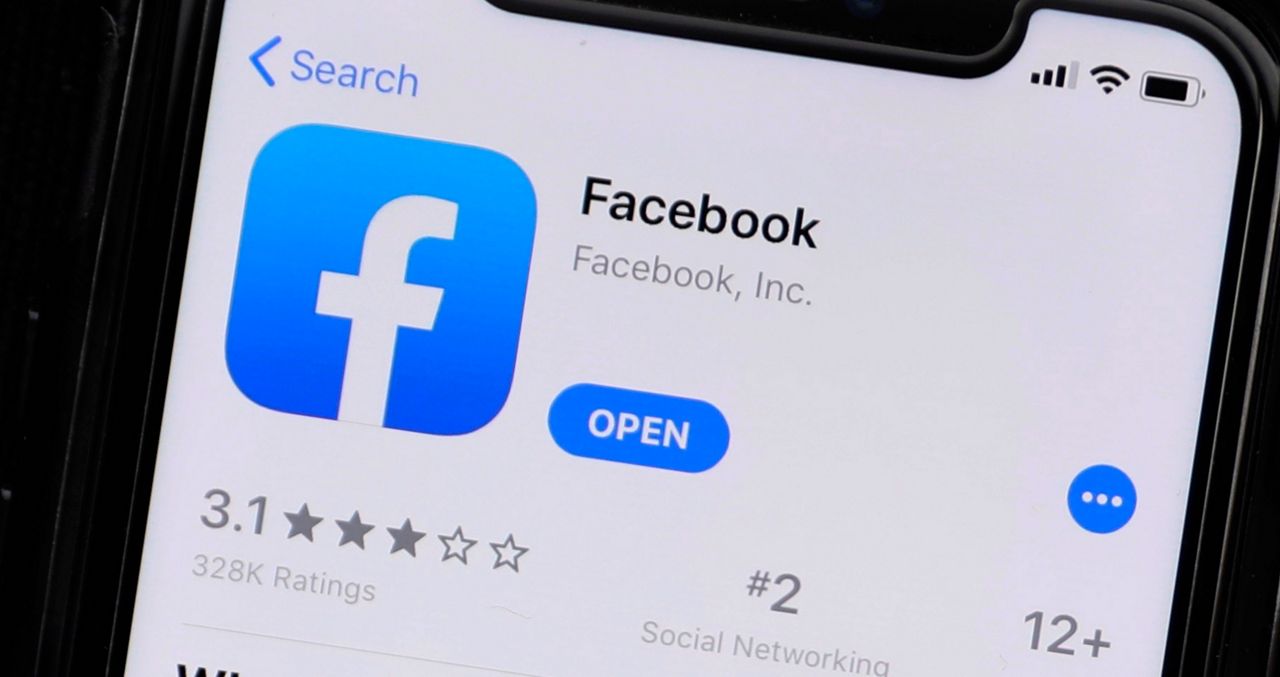MENLO PARK, CALIF. — Facebook CEO Mark Zuckerberg announced in a post Thursday that the social media giant will not accept new political ads in the lead-up to November's election, as well as removing posts that attempt to subvert the voting process through voter suppression or discouraging voting.
“This election is not going to be business as usual. We all have a responsibility to protect our democracy,” Facebook CEO Mark Zuckerberg said in a post on Thursday. “That means helping people register and vote, clearing up confusion about how this election will work, and taking steps to reduce the chances of violence and unrest.”
This policy will also include removing posts that convey misinformation about COVID-19 and voting, as well as linking official election results to posts from candidates and campaigns declaring premature victory.
Zuckerberg said in his post that he and his wife Priscilla have "personally donated $300 million to non-partisan organizations supporting states and local counties in strengthening our voting infrastructure" in addition to Facebook running what he calls " the largest voting information campaign in American history."
Their goal, Zuckerberg says, is to help 4 million people register and vote – he claims that in three days, Facebook has driven "almost 24 million clicks to voter registration websites."
Facebook and other social media companies are being scrutinized over how they handle misinformation, given issues with President Donald Trump and other candidates posting false information, as well as Russia’s interference campaign for the 2016 presidential election – and ongoing attempts to interfere in U.S. politics.
Facebook has long been criticized for not fact-checking political ads or limiting how they can be targeted at small groups of people.
In his post, Zuckerberg warned of unrest that could come about as a result of the election, or election results being delayed, saying the company is taking steps to prevent such disorder.
"We've already strengthened our enforcement against militias, conspiracy networks like QAnon, and other groups that could be used to organize violence or civil unrest in the period after the elections," Zuckerberg wrote. "We have already removed thousands of these groups and removed even more from being included in our recommendations and search results. We will continue to ramp up enforcement against these groups over the coming weeks."
Last week, Facebook announced they banned 790 groups and accounts associated with QAnon and a variety of U.S.-based militia and anarchist groups that support violence – as well as 100 pages and 1,500 ads tied to QAnon on Facebook and has blocked over 300 hashtags across Facebook and Instagram
For militia organizations and those encouraging riots, including some who may identify as antifa, the company said it has removed over 980 groups, 520 pages and 160 ads from Facebook.
Facebook said it is not banning QAnon outright because the group does not meet criteria necessary for the platform to designate it a "dangerous organization." But it is expanding this policy to address the movement because it has “demonstrated significant risks to public safety.”
While Facebook has not adopted the more stringent measures of other social media companies, such as Twitter, which banned all political ads, they have allowed for users to opt out of political advertisements.
"I believe our democracy is strong enough to withstand this challenge and deliver a free and fair election – even if it takes time for every vote to be counted," Zuckerberg concluded. "We've voted during global pandemics before. We can do this. But it's going to take a concerted effort by all of us – political parties and candidates, election authorities, the media and social networks, and ultimately voters as well – to live up to our responsibilities. We all have a part to play in making sure that the democratic process works, and that every voter can make their voice heard where it matters most – at the ballot box."



